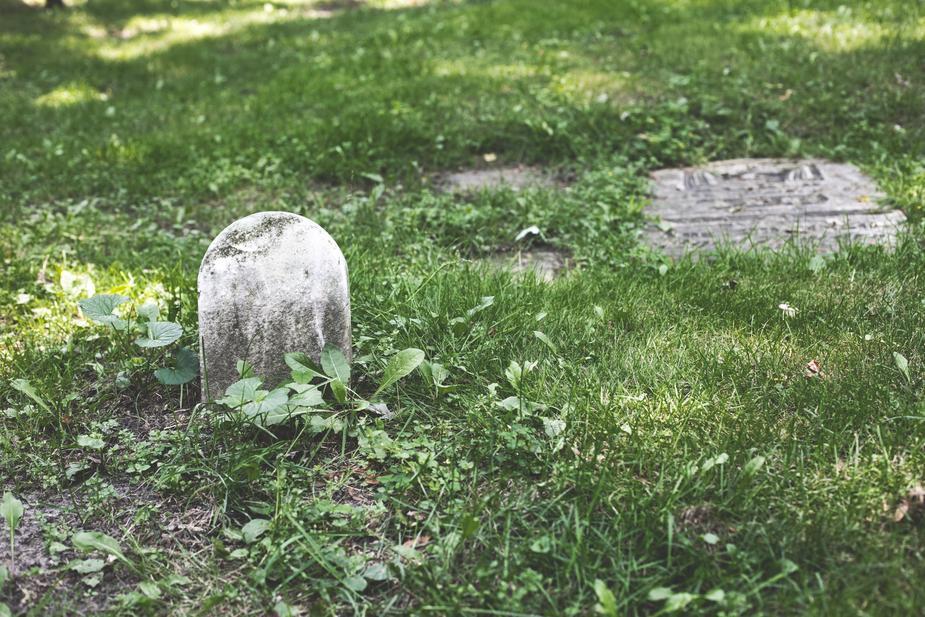Funerals: Challenging secularization narratives
The use of religious resources in ‘secular’ funerals – challenging narratives of religious decline.
Primary page content
The increase in UK funerals led by independent professional celebrants is an under-researched area. There is a lack of understanding as to the content and nature of such funerals and the desires of people who use their services, particularly in relation to the use of both religious and non-religious content in these services.
Despite no legal requirement existing for a ritual following death, almost everyone has a funeral. In 2002, the first civil funeral ceremonies took place in the UK. Whilst considered to be secular, the first of these services included the Lord’s Prayer, by request of the deceased’s daughter (Cook & Walter, 2005). Since then, there has been a sharp rise in the number of independent celebrants with the majority of funerals now conducted by these celebrants. There is no common understanding as to what constitutes a civil ceremony, particularly as there are aspects of religion within such services.
As most funerals are now undertaken by independent celebrants, a more nuanced understanding is required as to the needs, desires and expectations of the large numbers of people who do not opt for strictly religious or secular funerals for their relatives. There is a need to understand how changes to funerals over the last two decades fit into broader patterns of religious change and how the use of religious resources in ‘civil’ funerals challenges narratives of secularization.
To date, funerals conducted by independent celebrants fall into statistics created about the proportions of secular or non-religious funerals. The reality is far more complex than such statistics suggest and they misrepresent the engagement with religion, belief and spirituality by people planning these funerals for their loved ones.

This research, funded by the Sir Halley Stewart Trust, addresses this complexity and explores the more nuanced reality through an in-depth content analysis of celebrant-led funerals, a survey of funeral directors, as well as through interviews with funeral directors, celebrants and families who have arranged such funerals for their loved ones.
The Covid-19 pandemic has impacted on people’s engagement with grief, loss and change in substantial ways, many of which have been beyond their immediate control. Conducting this research now will offer an insight into how people’s religious choices in relation to funerals are impacted by times of significant personal loss within a global crisis. The research will consider the impact of Covid-19 on funeral choices and people’s engagement with faith and spirituality in such ceremonies. The study will also explore the broader patterns of religious change in relation to funerals, specifically, with a focus on time periods before, during and after the pandemic.
As yet, no in-depth research exists that explores this fusion of religious and secular resources in everyday funerals. Instead, a false divide between religious and secular funeral rituals continues to be assumed. The study has implications for how funeral directors, religious leaders and celebrants engage with families as well as for how patterns of religious change and secularization are understood. The project runs until the end of 2023 and will produce academic outputs as well as training and toolkit resources for the funeral industry.